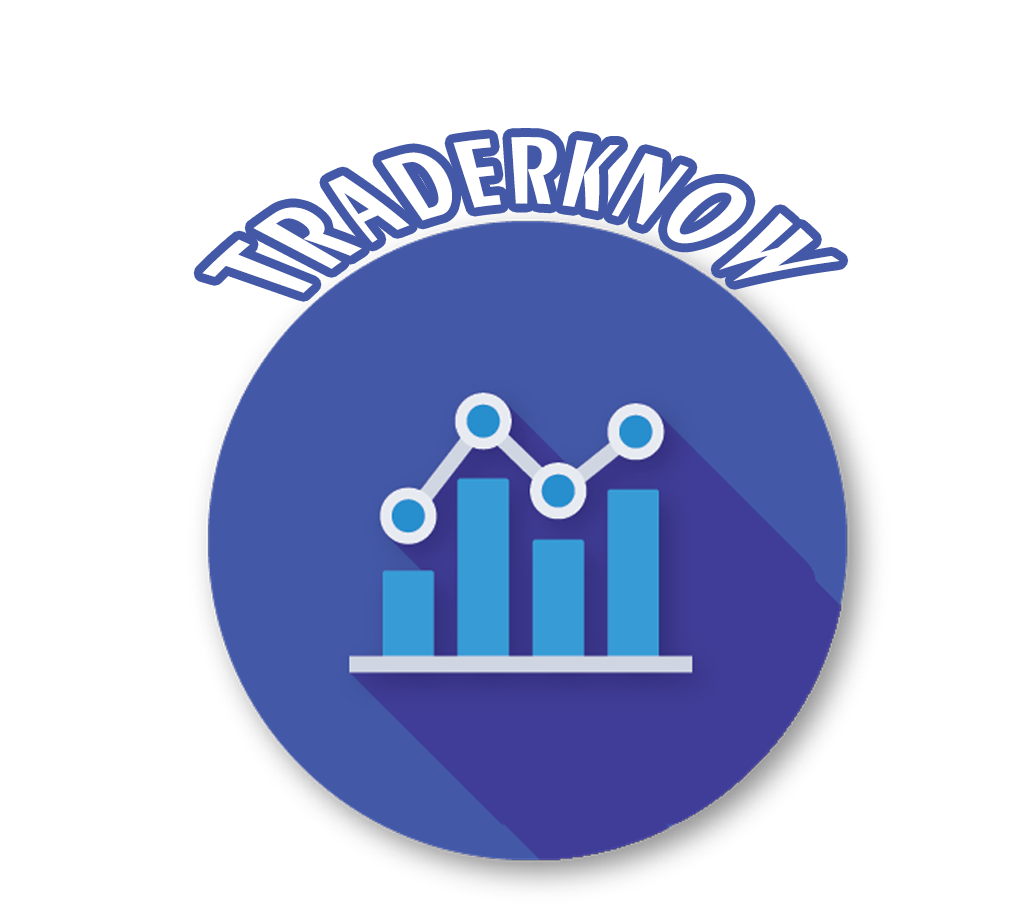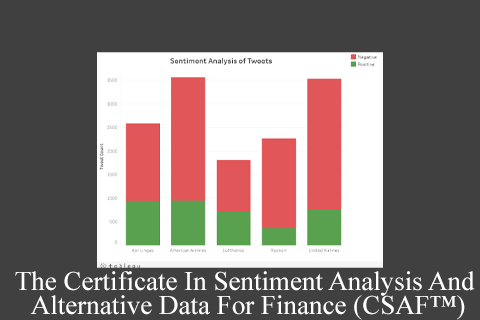Familiarity with fundamental trading procedures and the fundamentals of algorithmic trading is essential. Acquire the ability to comprehend and utilize trading terminology effectively.
Comprehend statistical techniques and measurements, encompassing autocorrelation function, partial autocorrelation function, Maximum Likelihood Estimation (MLE), Akaike Information Criterion (AIC), Mean Absolute Error (MAE), and Root Mean Squared Error (RMSE).
Grasp the basics of time series analysis, ensuring an understanding of time series stationarity and forecasting through ARIMA. Develop a foundation in Autoregressive and GARCH Models, gaining insights into volatility.
Utilize logistic regression for forecasting the conditional probability of market direction. Explore various methodologies for evaluating portfolio and strategy performance, including back-testing techniques and statistical metrics such as Sharpe ratio, Sortino ratio, and Max drawdown.
Possess foundational knowledge of Asset Allocation Models. Gain proficiency in recognizing and interpreting practical indicators and oscillators like RSI, MA, and EMA.
Distinguish between Macroeconomic and Microeconomic news. Acquire fundamental knowledge of spot prices, futures prices, and the general types of multifactor models, along with the ability to update traditional factor models.
Demonstrate comprehensive knowledge of the financial market as a whole and the stock market in particular. Clearly understand various financial instruments and stock markets.
Grasp the concept of the stock market index and its calculation. Acquire fundamental knowledge of machine learning, pattern recognition, as well as Natural Language Processing (NLP).
Module 1: Sentiment: What and Whose
Module 2: Sentiment Data
Module 3: Structure and Coverage
Module 4: Other Sources: Alternative Data (I)
Module 5: Models to Exploit Sentiment Analysis (I)
Module 6: Models to Exploit Sentiment Analysis (II)
Module 7: Opinion and Biases
Module 8: AI, Machine Learning & Quantitative Models to predict market direction
Module 9: Role of Alternative Data in Financial Trading: Alternative Data (II)
CSAF Exam
More courses from this author: Certificate
Course Features
- Lectures 1
- Quizzes 0
- Duration 10 weeks
- Skill level All levels
- Language English
- Students 0
- Assessments Yes


